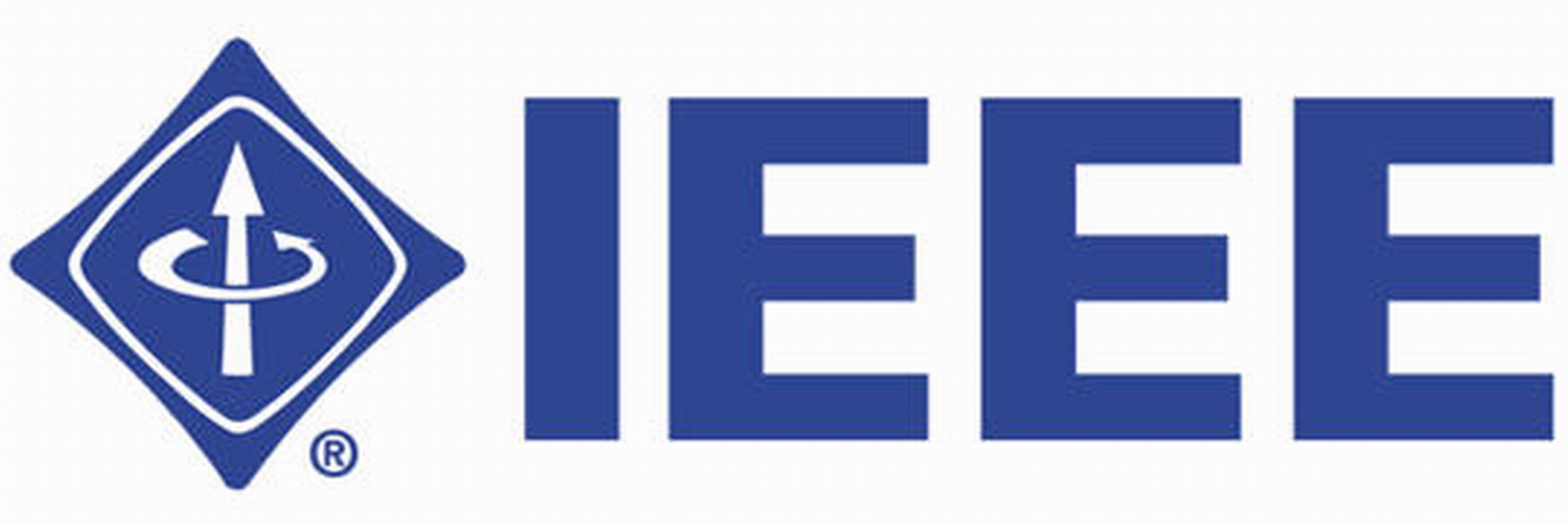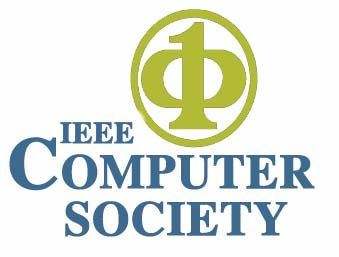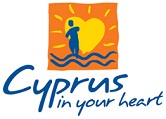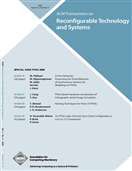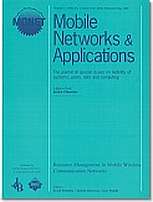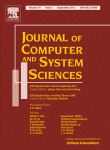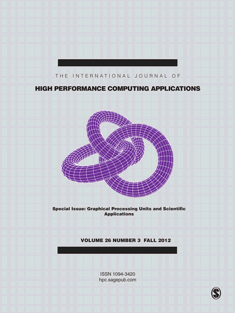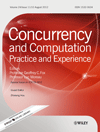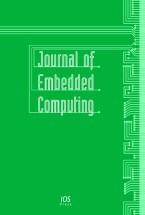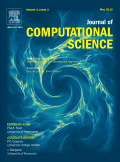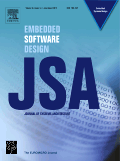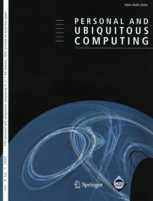Santosh Kumar
Title: Mobile Measurement of Behavioral and Social Health at Population Scale - Implications for Computing Research
Abstract
Daily behaviors such as stress, addiction, diet, exercise, and social interactions are the strongest determinant of health and mortality. Mobile phones can be used to help individuals abstain from unhealthy behaviors (e.g., addiction) and motivate them to initiate and maintain healthy behaviors (e.g., regular exercise). Such interventions, however, require reliable measurement of daily behaviors in the mobile environment. Sensors worn on the body and embedded in mobile phones collect data to enable inference of daily behaviors, but the challenge is the non-specificity of the measures such sensors collect when used in the natural environment.
In the AutoSense project (sponsor: NIH), we have developed a comprehensive suite of wearable sensors that can be worn in the mobile environment to collect multiple physiological indices of stress and addictive behavior (e.g., ECG, Respiration, Alcohol, etc.). AutoSense is complemented by a software framework on the mobile phone called FieldStream (sponsor: NSF) that collects physiological measurements from AutoSense sensors, processes them to derive behavioral inferences, and uses these behavioral events to solicit self-reports on the phone, all in real-time. The entire end-to-end system has been worn by 100+ human volunteers (including smokers, drinkers, and drug users) for 5,000+ hours in their natural environments as part of various scientific user studies. From these real-life sensor measurements, we have developed robust models to infer psychological stress, to detect conversation episodes, and to detect smoking episodes in the field. In this talk, I will introduce the AutoSense and FieldStream platforms, describe the advances we are making in automatically inferring such as stress, conversation, smoking, craving, and drug usage, from sensor measurements collected in the natural environment, and discuss computing research challenges in scaling the mobile measurement of behavioral and social health to population scale.
Bio
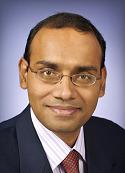 Santosh Kumar is an Associate Professor of Computer Science and Faudree Professor at the University of Memphis. He received his Ph.D. in Computer Science and Engineering from the Ohio State University in 2006. In 2010, the Popular Science magazine named him one of America's ten most brilliant scientists under the age of 38 for leading the development of the AutoWitness burglar tracking system and the AutoSense wearable sensor system. On the theory side, he is known for establishing new models of coverage with wireless sensors such as barrier coverage for intrusion detection and trap coverage for target tracking.
His current work focuses on mobile health (mHealth), where he and his multidisciplinary collaborators spread across 10 universities seek to advance mHealth by scaling physiological sensing, by developing models for dependable inference of health and behavior in the mobile environment, and by realizing just-in-time interventions. More information on him is available at his homepage.
Santosh Kumar is an Associate Professor of Computer Science and Faudree Professor at the University of Memphis. He received his Ph.D. in Computer Science and Engineering from the Ohio State University in 2006. In 2010, the Popular Science magazine named him one of America's ten most brilliant scientists under the age of 38 for leading the development of the AutoWitness burglar tracking system and the AutoSense wearable sensor system. On the theory side, he is known for establishing new models of coverage with wireless sensors such as barrier coverage for intrusion detection and trap coverage for target tracking.
His current work focuses on mobile health (mHealth), where he and his multidisciplinary collaborators spread across 10 universities seek to advance mHealth by scaling physiological sensing, by developing models for dependable inference of health and behavior in the mobile environment, and by realizing just-in-time interventions. More information on him is available at his homepage.
Professor Geyong Min
Title: Performance Analysis and Optimization of Integrated Scheduling Systems in Wireless Multimedia Networks
Abstract
Multimedia applications in wireless networks are usually categorized into various classes according to their traffic patterns and differentiated Quality-of-Service (QoS) requirements. Traffic scheduling plays an important role in wireless multimedia networks and receives significant research efforts from academia and industry. The integrated scheduling system that combines the fundamental traffic scheduling schemes in a hierarchical manner is a promising strategy for QoS differentiation of multimedia applications.
This talk will present an analytical model for the integrated scheduling system under heterogeneous multimedia traffic and investigate the QoS metrics including the queue length distribution and loss probability of individual traffic flows in the system. The accuracy of the analytical model is validated through extensive comparison between the analytical results and those obtained from simulation experiments subject to the real-world multimedia applications. The analytical model is then used as a cost-effective performance optimization tool for resource management in wireless multimedia networks. Finally, the related emerging issues and future directions will be presented and discussed.
Bio
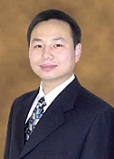 Professor Geyong Min is a Chair in Computer Science in the Department of Computing at the University of Bradford, UK. He received the PhD degree in Computing Science from the University of Glasgow, UK, and the BSc degree in Computer Science from Huazhong University of Science and Technology, China. His research interests include Next Generation Internet, Wireless Communications, Multimedia Systems, Information Security, Ubiquitous Computing, Modelling and Performance Engineering.
Professor Geyong Min is a Chair in Computer Science in the Department of Computing at the University of Bradford, UK. He received the PhD degree in Computing Science from the University of Glasgow, UK, and the BSc degree in Computer Science from Huazhong University of Science and Technology, China. His research interests include Next Generation Internet, Wireless Communications, Multimedia Systems, Information Security, Ubiquitous Computing, Modelling and Performance Engineering.
His recent research has been supported by European FP, UK EPSRC and industrial partners. He has published over 200 research papers in prestigious international journals, including IEEE Transactions on Communications, IEEE Transactions on Wireless Communications, IEEE Transactions on Computers, IEEE Transactions on Multimedia, IEEE Transactions on Parallel and Distributed Systems, and IEEE Network, and in reputable international conferences, such as ICDCS and IPDPS.
Prof. Min is an Editorial Board member of 9 international journals and serves as the Guest Editor for 18 international journals. He has chaired/co-chaired 30 international conferences/workshops. He received the Outstanding Leadership Awards from IEEE International conferences HPCC'2012, TrustCom'2012, CIT'2010, ScalCom'2009, and HPCC'2008. More information on him is available at his homepage.

